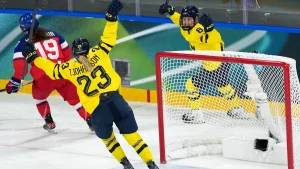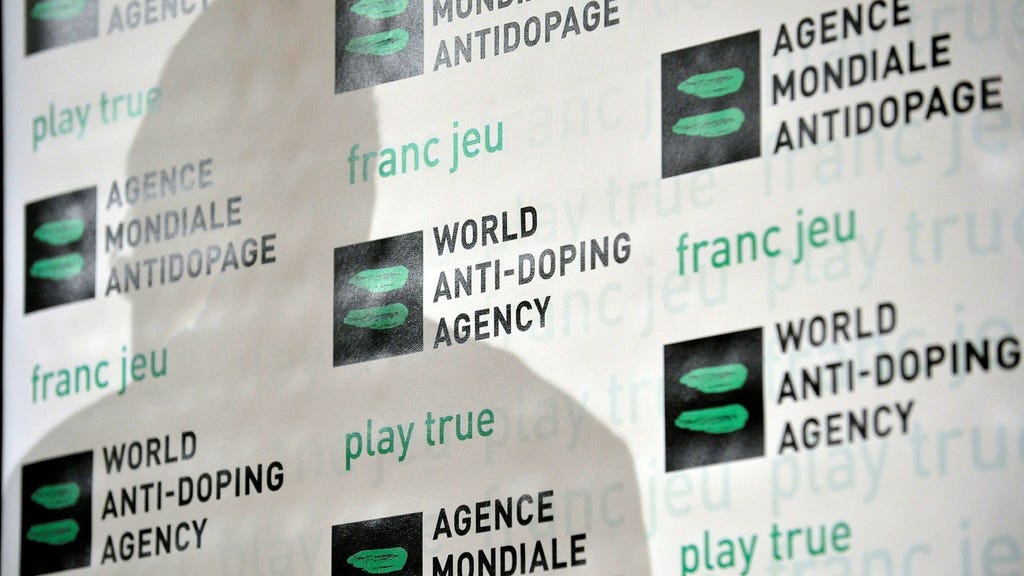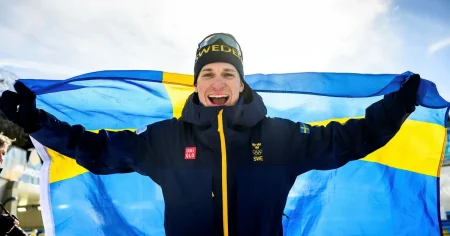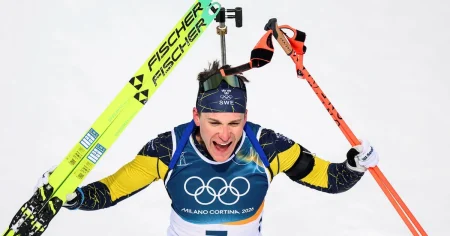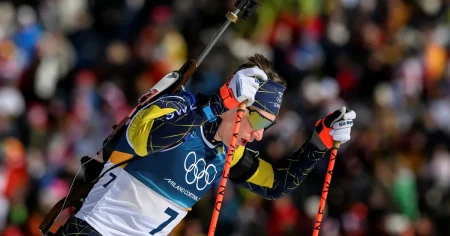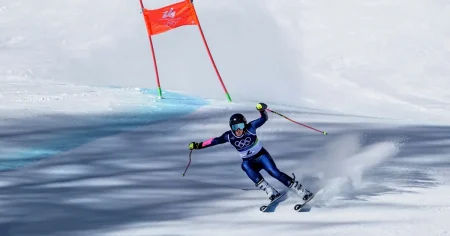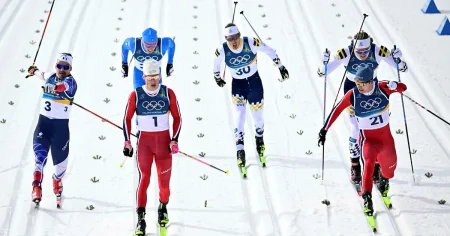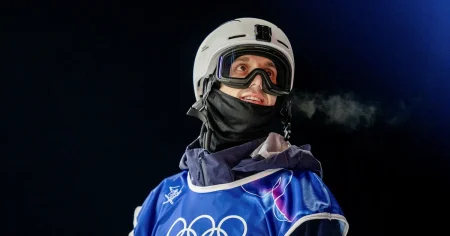The United States’ decision to withhold its funding from the World Anti-Doping Agency (WADA) has sent ripples of concern throughout the international sports community, prompting calls for swift resolution and reform. This move, stemming from long-standing dissatisfaction with WADA’s governance and perceived lack of responsiveness to American concerns, has the potential to significantly undermine the global fight against doping in sports. Anti-Doping Sweden, like many other national anti-doping organizations, has expressed apprehension about the potential consequences of this funding freeze, emphasizing the critical need for a robust and well-funded WADA to maintain the integrity of athletic competition. Christine Helle, the Swedish anti-doping chief, has voiced her hopes for a constructive dialogue leading to renewed commitment and a stronger, more effective WADA.
The core of the US grievance lies in what it perceives as inadequate representation within WADA’s governing structure and a lack of meaningful influence over decision-making processes. The US has long advocated for greater accountability and transparency within WADA, pushing for reforms that would give nations contributing significant financial resources a more proportionate voice in shaping the agency’s policies and priorities. The withheld funding, representing a significant portion of WADA’s budget, is seen as a leverage point to compel the organization to address these concerns. While the US has expressed its continued commitment to the principles of clean sport, it argues that a more effective and responsive WADA is essential to achieving that goal. The current standoff highlights the tension between national interests and the need for a unified global approach to combating doping.
The potential consequences of the US funding freeze are far-reaching and could significantly hamper WADA’s ability to carry out its mandate. A reduced budget could force the agency to scale back its testing programs, limit its investigative capabilities, and curtail its support for national anti-doping organizations. This weakening of WADA’s global reach could create loopholes and inconsistencies in the application of anti-doping rules, potentially leading to an uneven playing field and undermining the credibility of international sporting events. The situation also risks emboldening athletes and nations seeking to circumvent anti-doping regulations, potentially leading to a resurgence in doping practices and eroding public trust in the integrity of sport.
The international sports community is urging a swift and amicable resolution to the conflict, recognizing the vital role WADA plays in upholding the principles of fair play and protecting the health and well-being of athletes. Many national anti-doping organizations, including Anti-Doping Sweden, have underscored the importance of a strong and independent WADA, capable of enforcing a harmonized global anti-doping system. They are calling for constructive dialogue between the US and WADA, urging both parties to find common ground and ensure the continued effectiveness of the global anti-doping framework. The consensus is that a weakened WADA ultimately benefits no one and jeopardizes the integrity of sport at all levels.
Several proposals for reforming WADA’s governance structure have been put forward, aimed at addressing the concerns raised by the US and other nations. These proposals include increasing the representation of contributing nations on WADA’s decision-making bodies, enhancing transparency in the agency’s operations, and strengthening mechanisms for accountability and oversight. Some proposals also suggest establishing an independent appeals process for athletes and nations challenging WADA’s decisions. The implementation of these reforms could help restore confidence in WADA’s governance and pave the way for a more collaborative and effective global anti-doping system. However, achieving consensus on these reforms will require ongoing dialogue and a willingness to compromise from all stakeholders.
The future of anti-doping efforts hinges on the ability of the international sports community to navigate this challenging period and emerge with a stronger, more effective WADA. The US funding freeze serves as a wake-up call, highlighting the need for ongoing dialogue and continuous improvement within the global anti-doping system. By addressing the underlying concerns that led to this impasse, and by embracing meaningful reforms, the international community can reaffirm its commitment to clean sport and ensure a level playing field for all athletes. The stakes are high, and the time for constructive engagement is now. The integrity of sport, and the trust of athletes and fans worldwide, depends on it.


